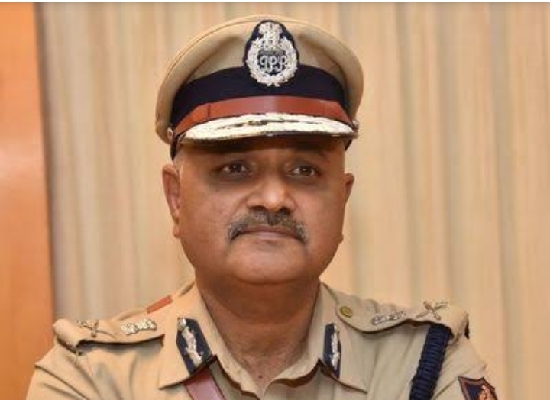Bengaluru, Aug 3: Chief Minister Siddaramaiah will be back to work on Wednesday, two days after his elder son Rakesh was laid to rest. He will chair a meeting of BBMP?officials to assess the damage caused by heavy rains in Bengaluru last week. The meeting will be held at his home office Krishna.'

In a media statement, the chief minister said he was finding it difficult to cope with the loss of his son and added that no parent should ever face the tragedy of losing a child. He also stated it would take a long time for him and his family to overcome the grief.
The chief minister said that he would never forget the love and concern showed by the people of the state, irrespective of caste, religion or social status, to Rakesh when he was undergoing treatment at Antwerp University Hospital in Brussels, Belgium. Rakesh succumbed to multi-organ failure on?Saturday.
Siddaramaiah recalled that when Rakesh was being treated at the hospital, a Kannadiga family living in Brussels had volunteered help, including providing home-cooked food. He said he would be grateful to Vijendra, a Bengalurean working in Brussels, and his wife.
Siddaramaiah also stated that he would forever remain indebted to the thousands who had gathered at the Exhibition Grounds in Mysuru to pay homage to Rakesh. Rakesh's body was kept at the grounds for public viewing. He also thanked a range of politicians who, cutting across party lines, shared his grief.
BBMP Commissioner N Manjunath Prasad recalled that when he laid the wreath on the body and stood at a corner on Monday, Siddaramaiah called him and enquired about the flood situation. “Just 15 minutes before Rakesh was laid to rest, Siddaramaiah asked me about the steps taken to deal with the flood. I told him about the need for long-term measures.”





Comments
Welcome back!
Siddu sir you are always great
Add new comment